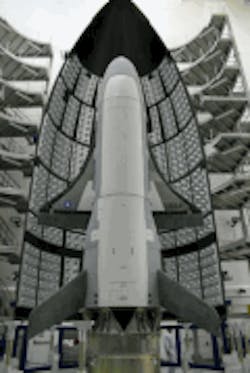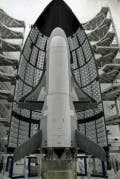Boeing X-37B Orbital Test Vehicle completes first flight
Posted by John McHale

